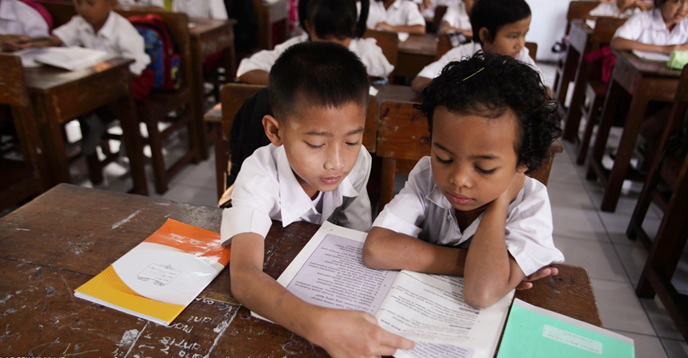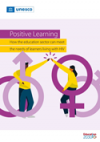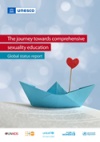Education for health and well-being
A good quality education is the foundation of health and well-being. For people to lead healthy and productive lives, they need knowledge to prevent sickness and disease. For children and adolescents to learn, they need to be well nourished and healthy. Statistics from UNESCO’s Global Education Monitoring Report show that the attainment of higher levels of education among mothers improves children’s nutrition and vaccination rates, while reducing preventable child deaths, maternal mortality and HIV.
Education is a catalyst for development and a health intervention in its own right. The 2015 Incheon Declaration confirms that education develops the skills, values and attitudes that enable citizens to lead healthy and fulfilled lives, make informed decisions, and respond to local and global challenges.
UNESCO’s goal, as outlined in the UNESCO Strategy on Education for Health and Well-Being, is to support the contribution of national education sectors to ending AIDS and promoting better health and well-being for all children and young people. The Organization is committed to strengthening the links between education and health, reflecting growing international recognition that a more comprehensive approach to school health and coordinated action across sectors is needed.









